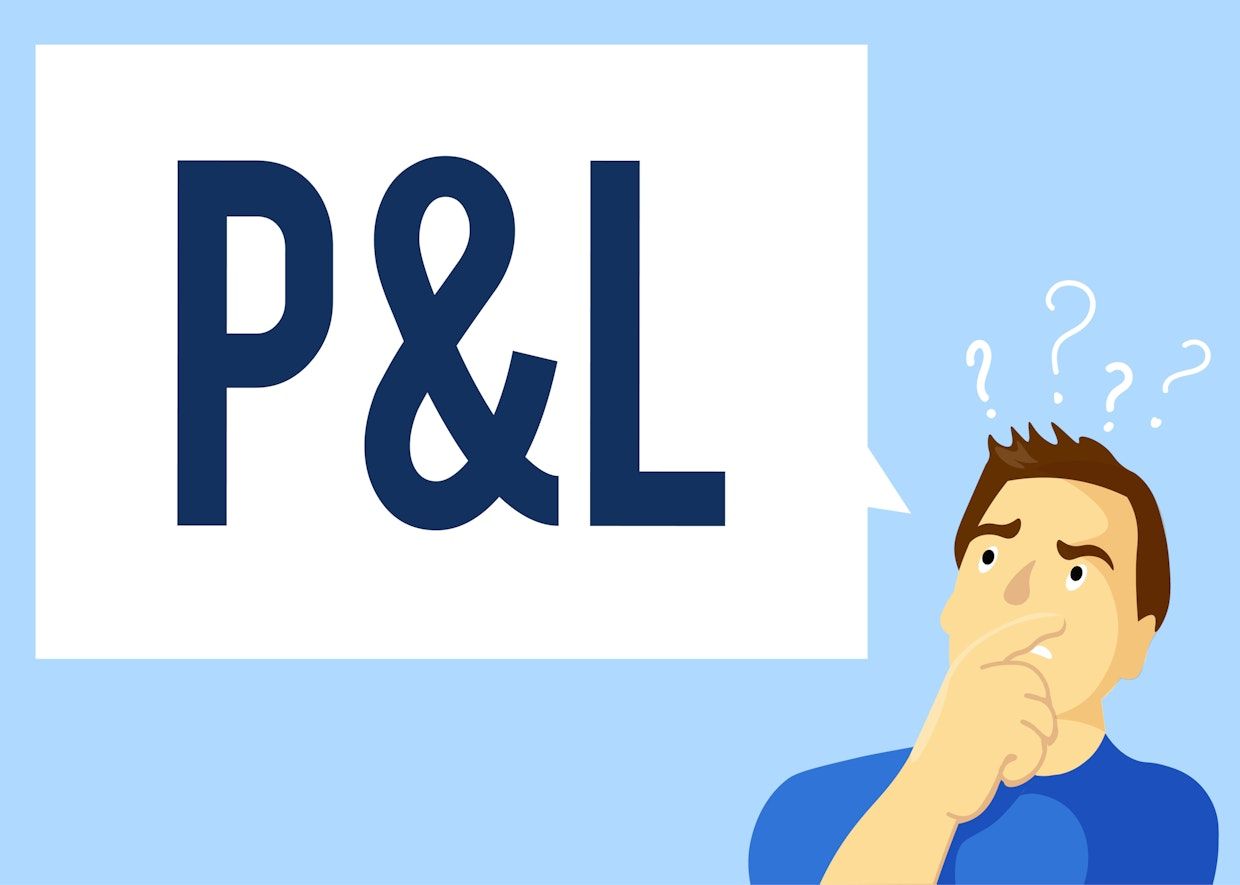Know your numbers - Your Profit and Loss Report
Understanding your numbers is critical if you want to control your business (instead of your business controlling you). Financial reports indicate whether your business is in good or poor health and can diagnose weaknesses before something becomes terminal.

Let’s break down your Profit and Loss Report… in English (not Accountanese).
Your Profit and Loss Report measures the overall efficiency of your entire business.
The ‘top line’ of your Profit and Loss Report is your gross profit from your Trading Account (which measures the margin you’ve made minus direct or variable costs). To this top line figure, you add the other income you’ve received that doesn’t have variable costs attached to it, such as interest, rent or dividends.
From your gross profit, you deduct all the fixed costs in the business; the costs that you incur even if you achieve no sales, e.g. phone, power, rent, vehicle expenses, interest and depreciation. Deducting your total expenses from your gross profit gives you your net profit. Clearly, the greater your profit, the more efficiently your business is operating and, generally speaking, the more valuable it becomes (as many businesses are valued using a multiple of the profit achieved).
A regular review of your fixed costs in your Profit and Loss Report is a great way to improve the health of your business. When did you last review your costs and negotiate a better price from your suppliers? Are there costs that you no longer need to incur? Could your marketing spend be reduced? Are there more cost effective ways to generate more business?
Setting a budget each year is a great way to control costs in your Profit and Loss Report. If a cost has not been included in your budget, then either avoid it, or if it makes business sense, find a saving elsewhere so that the business still delivers the profit you need.
And, while we are talking about costs, let’s talk about your accounting fees. If you see us as a cost then you need to make some cuts, but if you see us as an investment, a strategic partner to help you run a better business… then you need us more than ever.
Let’s talk about how we can help you improve your return on your business.
"Efficiency is doing things right. Effectiveness is doing the right things." - Peter F Drucker



